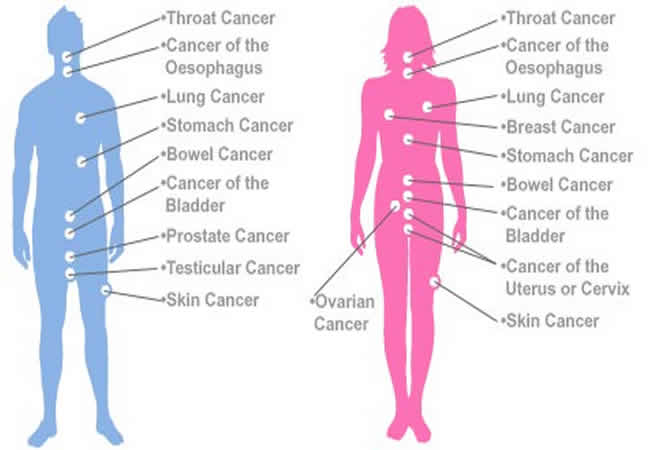
The world observes International Childhood Cancer Day on February 15 every year. The ICCD, which was first observed in 2001 by the Childhood Cancer International, a global network of 170+ childhood cancer organisations in 93 countries, childhood cancer support groups, childhood cancer survivors associations, and cancer societies, is a global collaborative campaign to raise awareness about childhood cancer and its challenges, as well as to express support for children and adolescents with cancer, cancer survivors, and their families. The day is marked every year to emphasise the need for community involvement and support in the fight against childhood cancer in every country around the world.
A joint three-year advocacy campaign was launched by the Childhood Cancer Organisation and the International Society of Paediatric Oncology in 2021 to amplify the visibility and resonance of childhood cancer issues across the globe. For the ICCD 2021-2023, the tree of life was selected as a universal symbol to send out a message that childhood cancer is curable if everyone involved continues to work for the same goal. The theme of the International Childhood Cancer Day 2022 is, Better survival is achievable #throughyourhands. It focuses on paying tribute to the health care team and the positive impact they have on the lives of children and adolescents with cancer.
Cancer is a genetic disease in which cells in a given region of the body grow uncontrollably into a mass (tumor) and spread to other parts of the body leading to harm and death if left untreated. Cancer is the leading cause of death in children and adolescents. About 400,000 children and adolescents around the world below the age of 20 are diagnosed with cancer every year. Childhood cancers are of no known cause. Therefore, they cannot generally be prevented or identified through the screening. Common cancer types which occur in children are leukemia (29% of all cancer cases), brain and spinal cord tumors (26%), lymphomas and solid tumors such as neuroblastoma and Wilms tumor.
Every three minutes, a child dies of cancer. This is more saddening because the likelihood of surviving a childhood cancer diagnosis depends on the country the child lives in. In lower and middle-income countries like Nigeria, less than 30% of paediatric cancer patients are cured. The mortality associated with childhood cancer in Nigeria is a result of lack of diagnosis, delayed diagnosis or misdiagnosis, therapy inaccessibility or abandoning of therapy due to high cost, and death from toxicity and avoidable cancer relapse.
The incidence of childhood cancer continues to grow in Nigeria. It is therefore very necessary that everyone joins hands to fight this common enemy. The efforts of the health care team who strive to continuously improve the wellbeing of paediatric cancer patients and their families are acknowledged. However, better survival is very much achievable through our hands. Through the right treatment at the right time by the right healthcare team, cancer morbidity and mortality can be reduced.
An early, accurate diagnosis of cancer, followed by effective, evidence-based therapy and palliative care is the most effective strategy to reduce the burden of cancer in children as well as improve outcomes. Awareness of cancer symptoms by families and primary caregivers, accurate, timely diagnosis, and access to immediate treatment are factors that facilitate early diagnosis of childhood cancer. These will result in less suffering and a greater probability of survival for the child, together with reduced treatment expenses borne by the family. Such awareness programmes can be expedited by the government, civil society, non-governmental organisations, and parent groups.
Standard cancer treatments are a combination of chemotherapies, radiotherapy, and surgery. However, to prevent death due to cancer relapse and the long-term impact of treatment, children who complete treatment require ongoing care.
The probability of cancers being cured is higher when the appropriate service is accessible. Availability and accessibility to essential medicines, blood products, radiation therapy, psychological and supportive care are inequitable around the world. Nigeria can do better in this regard. The gaps in the healthcare system which result in childhood cancer management problems must be adequately addressed, through the collaborative effort of the government and stakeholders, for better survival of childhood cancer to be achieved.
Ms Adegbite, a Global Health Researcher and Writer, is a 400 level pharmacy student at the University of Ilorin
Copyright PUNCH.
All rights reserved. This material, and other digital content on this website, may not be reproduced, published, broadcast, rewritten or redistributed in whole or in part without prior express written permission from PUNCH.
Contact: [email protected]





